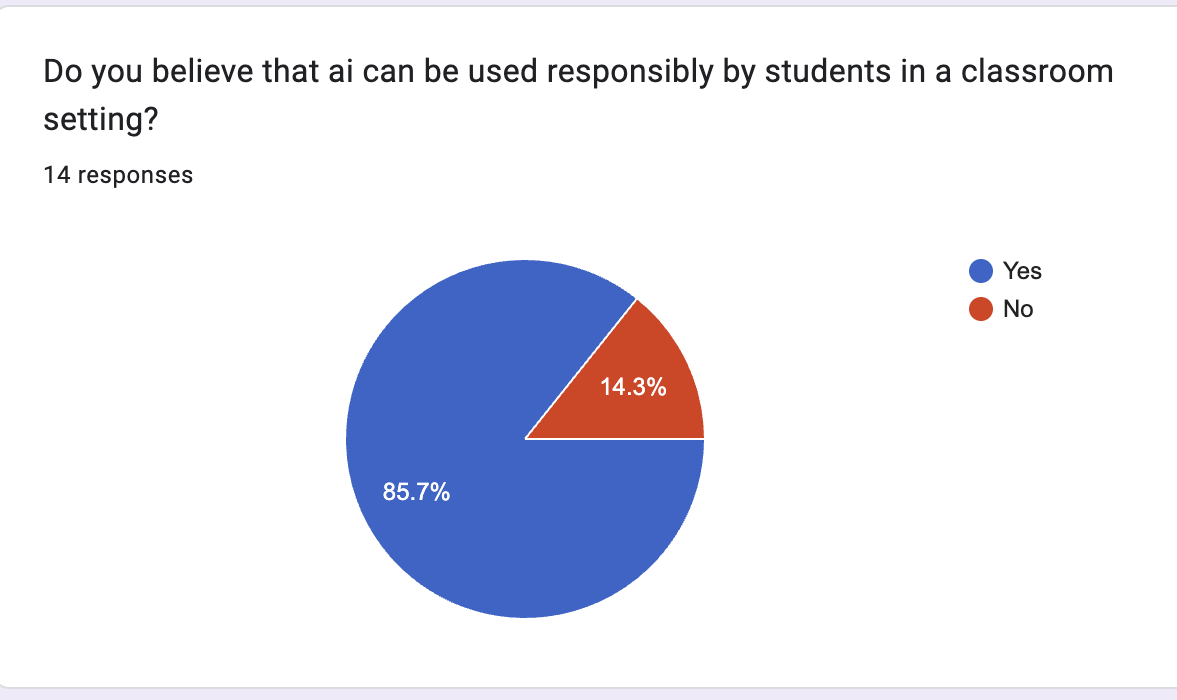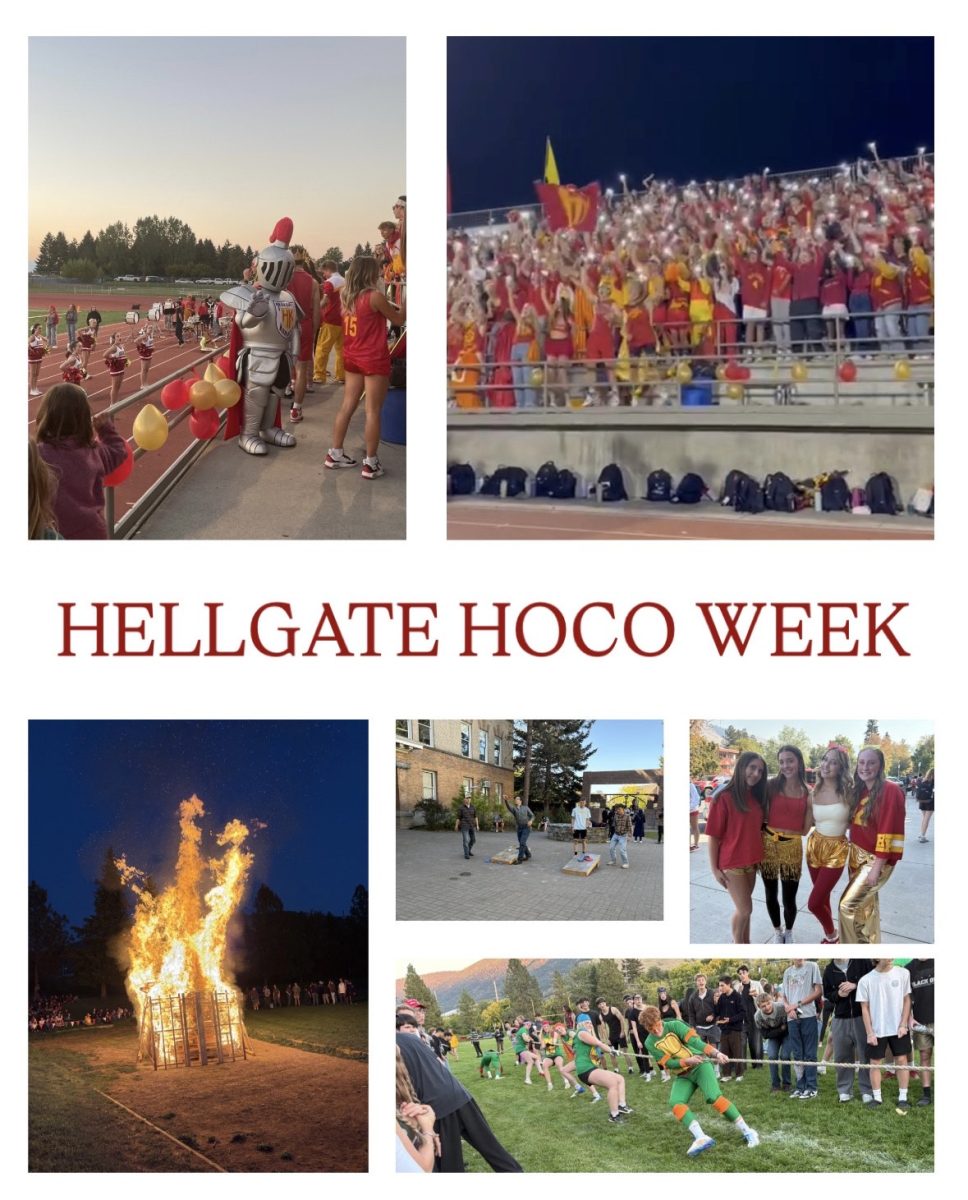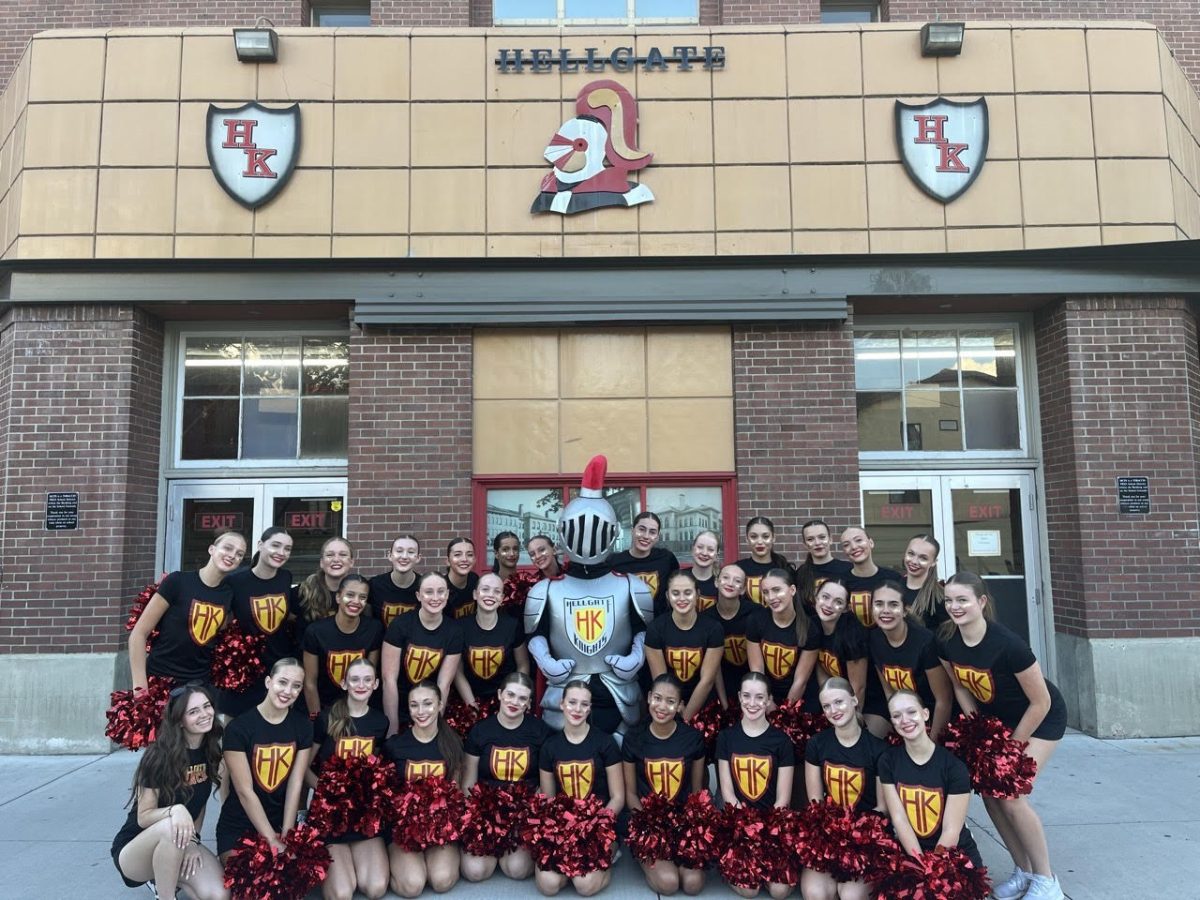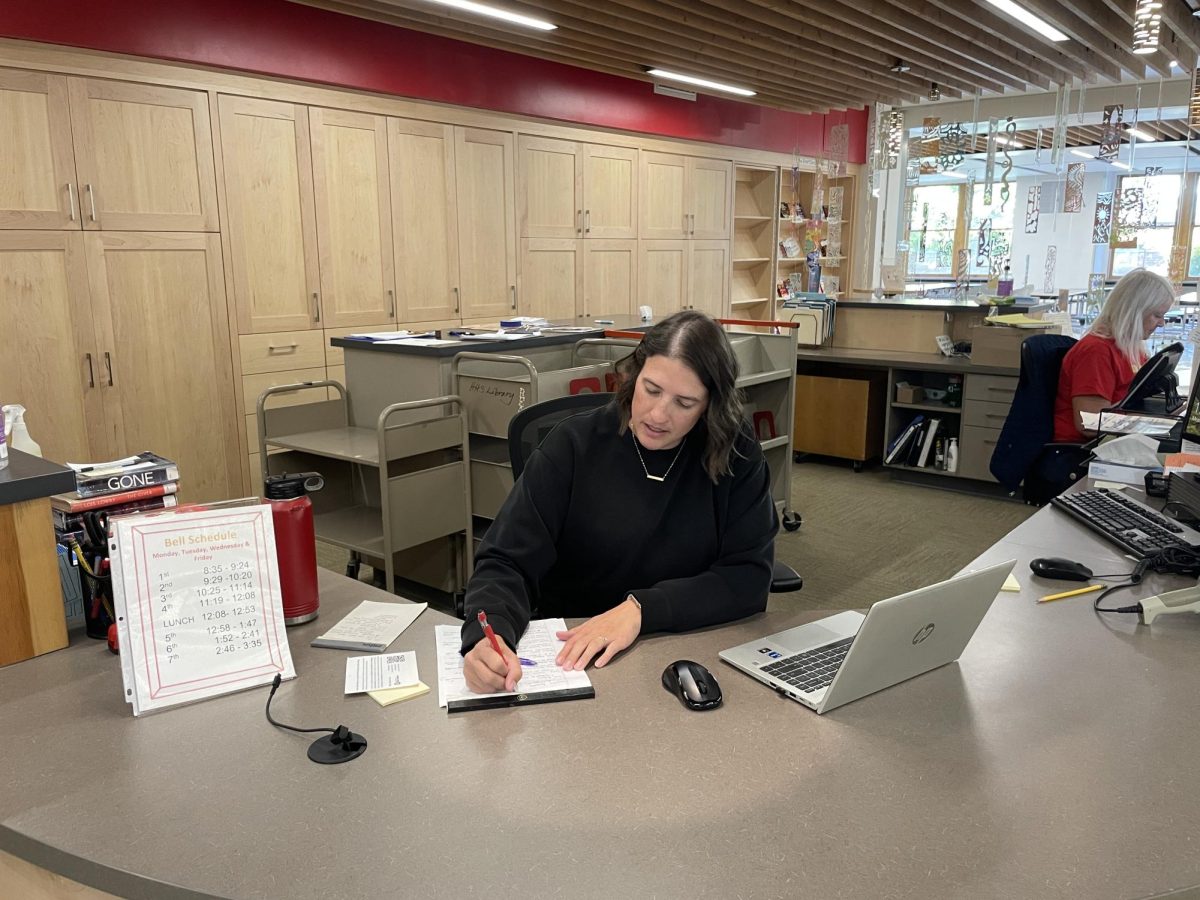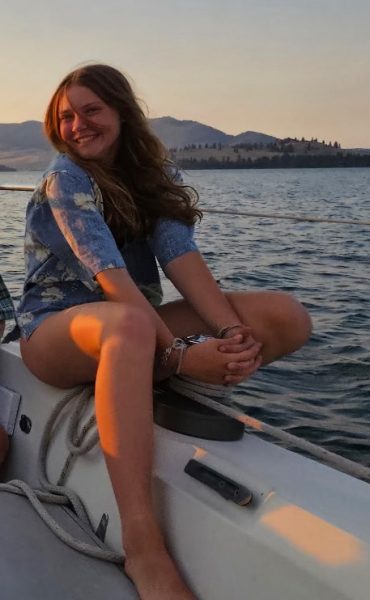The Catholic Church marked the end of the transformative era with the death of Pope Francis on April 21, 2025. The news of Pope Francis’ death sparked a range of emotions from grife, rage, and sadness for those who were greatly inspired by his leadership, but his death also brought feelings of relief and joy, because it meant the end of his earthly ministry. His death, while sad, also brought hope and anticipation for the next era of the Catholic church.
Pope Francis was born Jorge Mario Bergolio in Buenos Aires, Argentina, Pope Francis was elected in 2013. His papacy was characterized by a commitment to humanity, social justice, and environmental direction. Some notable things he’s done is, in 2015 he released the encyclical Laudato Si which called for urgent action against climate change and highlighted the disproportionate impact on the poor. Pope Francis also revised the Catechism of the Catholic Church in 2018 to declare the death penalty inadmissible, he was advocating for its global abolition.
Pope Francis emphasized inclusivity, famously stating, “Who am I to judge?” when regarding LGBTQ+ individuals, and publicly denounced laws that criminalized same sex relationships. His efforts continued to extend to modernizing the Church beliefs. He promoted interfaith speech and dialogue, and reformed the Vatican bureaucracy.
His death followed a period of declining health, which includes hospitalization for respiratory issues. He passed away at Domus Sanctae Marthae in Vatican City at the age of 88. His funeral took place on April 26 and it drew dignitaries world wide, as well as an estimated 250,000 individuals all mourning Pope Francis’s death according to CNN World’s live updates from the event. During his two-hour ceremony there were more than 100 delegates in attendance including many world leaders and monarchs. Following Pope FRancis’ wishes he was buried at the Basilica of Santa Maria Maggiore in Rome.
Following Pope Ftrancis’s death, the 133 cardinals convened in the Sistine Chapel to elect who his successor will be. The cardinals spent days discussing the varying papal prospects, then the voting discussions began. Choosing the new pope requires two-thirds plus a vote by the cardinal electors for a candidate to win. This process can take as long as three years, however they decided on the new pope in two days and announced on May 8 with a plum of white smoke signaling the election of Cardinal Robert Francis Prevost of Chicago, the first pope to be voted in from America, as the 167th pope.
In his inaugural address, Pope Leo emphasized peace and recon
Pope Leo the 14th, formally known as Cardinal Prevost, brings a diverse background to the papacy. While he was born in Chicago, he spent a significant time in Peru where he led the Augustian order, which reflects on his blend of American and Latin American Influence.
His inauguration took place on May 18 and was expected to draw many global leaders, including Ukraine’s President, Volodymyr Zelensky and US Vice President JD Vance. Pope Leo has expressed his plans to visit Turkey in July to commemorate the 1,700th anniversary of the First Council of Nicaea; he’s aiming to advance Catholic and Orthodox Church unity.
As this transition in the Catholic Church’s new leadership, Pope Leo the 14th’s actions and policies will shape the future direction. His background and early initiatives suggest a commitment to continuing with Pope Francis’s legacy while also addressing contemporary challenges of his own.
The global Catholic community as well as the rest of the world watches with anticipation as Pope Leo the 14th takes his papacy, while navigating the complexities of the modern faith and other global issues.


